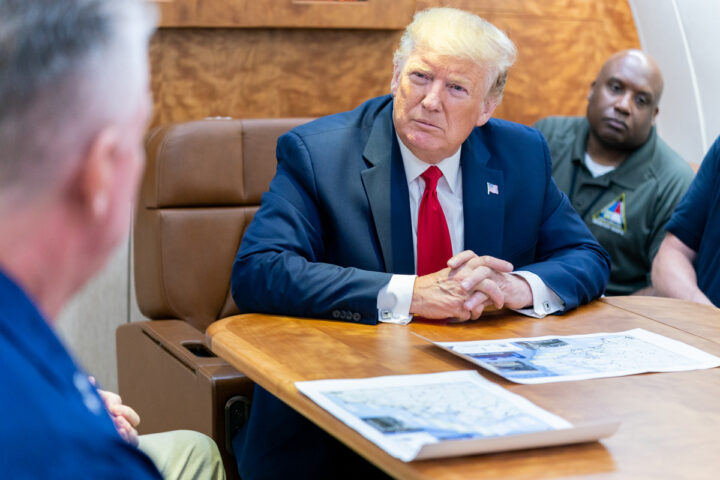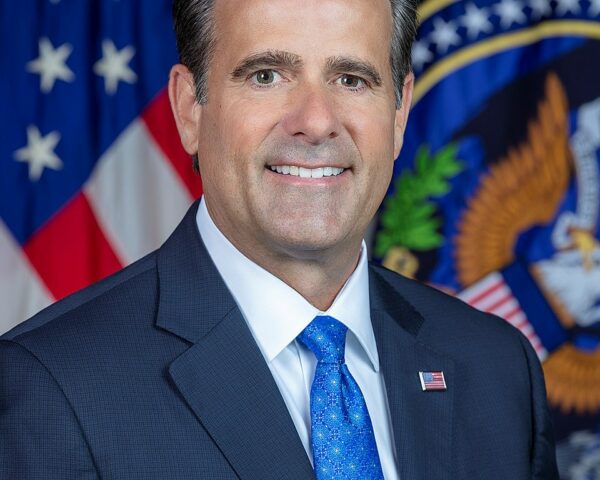The U.S. State Department is now reportedly poised to order the departure of all nonessential personnel from its embassy in Baghdad, reflecting escalating tensions in the region.
This decision comes as diplomatic talks with Iran regarding its nuclear program appear to have stalled, raising concerns about potential unrest.
U.S. officials, speaking on the condition of anonymity, indicated that the embassy has already been operating with limited staffing.
The impending order is not expected to impact a significant number of personnel, but it also extends to nonessential staff and their families stationed in Bahrain and Kuwait, providing them with the option to leave if they choose.
Things are rapidly escalating in the Middle East today.
This afternoon, the UKMTO released a warning of “tensions”
By this evening, the US ordered an evacuation of non-essential personnel and dependents from Kuwait and Bahrain, and is preparing to evacuate its Baghdad embassy. pic.twitter.com/RQ8ww1YoGx
— OSINTtechnical (@Osinttechnical) June 11, 2025
The Pentagon is reportedly on standby to assist with any necessary evacuation of U.S. personnel from Baghdad. The situation has grown increasingly precarious in light of recent developments, particularly as negotiations regarding Iran’s advancing nuclear capabilities have reached an impasse.
The International Atomic Energy Agency (IAEA) is set to discuss potential measures to censure Iran, which could trigger a reimposition of United Nations sanctions.
In response to the U.S. military’s positioning and diplomatic maneuvers, Iran has publicly rejected the notion of pursuing nuclear weapons.
An official statement from Iran’s mission to the United Nations emphasized that “threats of overwhelming force won’t change the facts,” asserting that U.S. military presence only exacerbates regional instability.
Iranian Defense Minister General Aziz Nasirzadeh conveyed a somewhat conciliatory tone, expressing hope for productive dialogue with the United States while also emphasizing Iran’s readiness to respond to any conflict.
“If conflict is imposed on us,” he warned, “the opponent’s casualties will certainly be more than ours.” He further noted that U.S. military bases in the region are within reach of Iranian capabilities.
Earlier in the day, the United Kingdom Maritime Trade Operations (UKMTO) issued a warning to maritime vessels in the region, citing increased tensions that could lead to heightened military activity.
While the advisory did not specifically name Iran, it highlighted areas such as the Persian Gulf and the Strait of Hormuz, which have previously witnessed Iranian ship seizures and attacks.
As the U.S. prepares for the departure of embassy staff, the broader implications of these developments are significant.
The potential for renewed conflict in the region remains a critical concern, particularly as diplomatic efforts continue to falter.
The situation underscores the delicate balance of power and the challenges facing U.S. foreign policy in a region marked by volatility and competing interests.
With the backdrop of increasing tensions, the forthcoming decisions from both Washington and Tehran will likely shape the trajectory of U.S.-Iran relations in the days and weeks ahead.
[READ MORE: New Book Claims NPR Had in House Cocaine Dealer]








